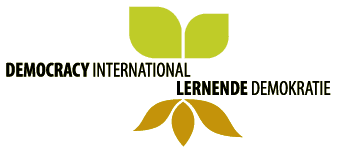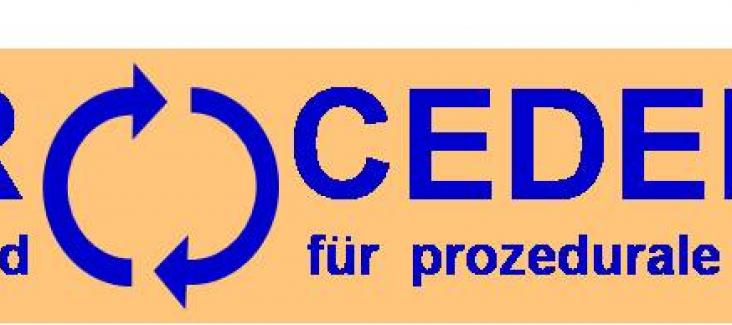The Procedere Network for Procedural Practice in Politics, Business, and Society – which has been dedicated to the research and development of procedural practice since 2003 – merged with the Academy for Learning Democracy in 2018 and has largely suspended its independent activities since 2022.
The mission of an R&D network for participatory processes, however, remains relevant and continues at our annual Participation Innovation Camps held at the Protestant Academy of Loccum. Should the Procedere mission regain greater resonance – for example, due to the demand for well-founded participation processes – this collegial network will be reactivated. Until then, the Procedere Network, much like a flower, continues to bloom at least once a year in Loccum, during the annual gathering of curious practitioners, decision-makers, and researchers committed to good participation in politics, business, and society.
The aim of the network has always been and continues to be to support teams and organizations, municipalities, and states in their collaborative learning and shaping of processes of cooperation (co-creativity) through improved procedural practice. Since 2002, we have been working on developing a procedural theory to apply the abundance of participatory methods and processes (participatory procedures) more broadly and effectively. Over the years, this effort has given rise to a procedural cross-disciplinary field, Procedurology, which continues to be explored in collaboration with the Global Ethic Institute at the University of Tübingen.
The purpose of the Procedere Network for Procedural Practice in Politics, Business, and Society is to promote the development of people's skills and visions in and through well-facilitated processes within organizations and communities. Through our procedural theory, we refine procedural awareness and thereby enable comprehensive competency development in the design, facilitation, organization, and implementation of effective participation.
For more information about the original mission and insights into past activities and results, please refer to the following downloads:

